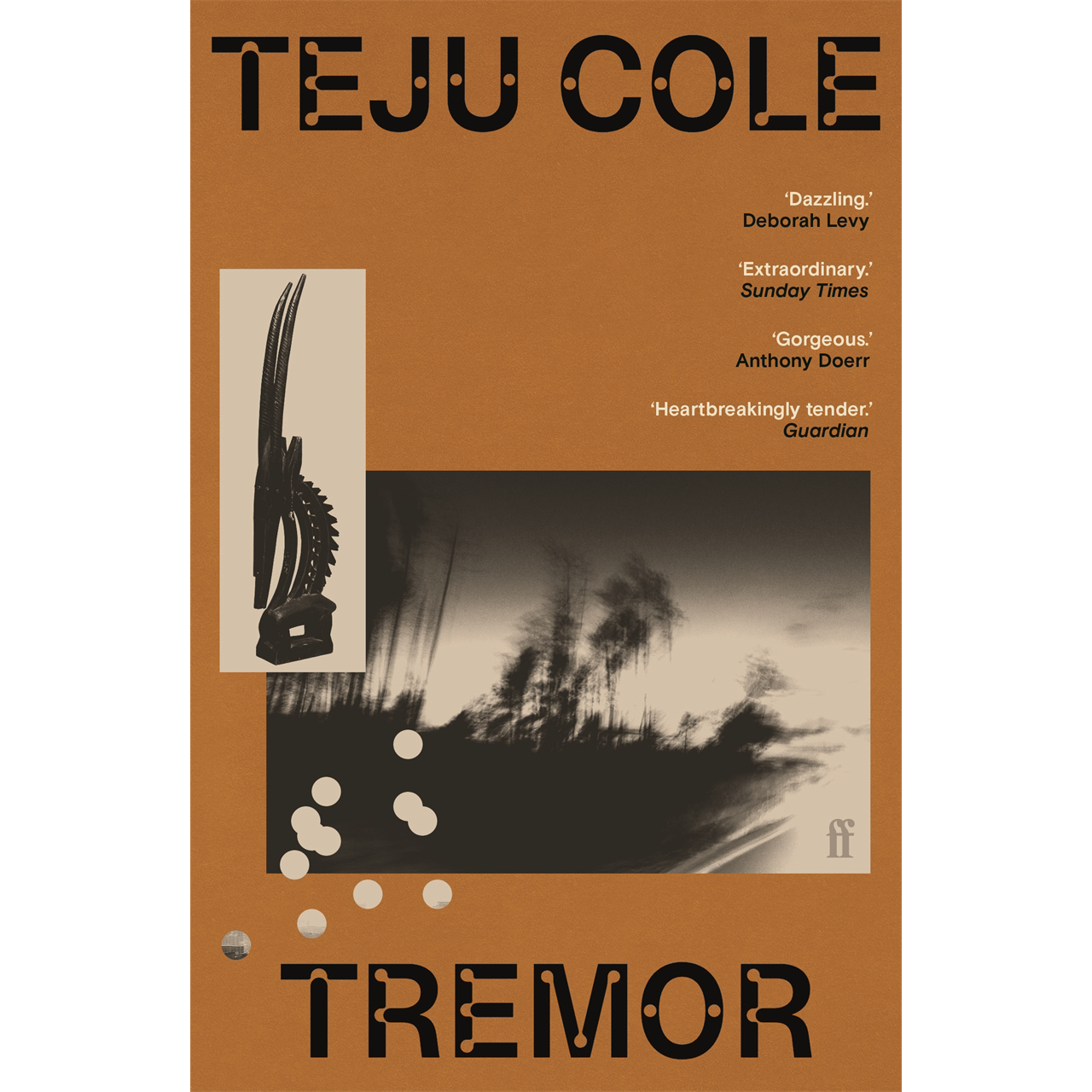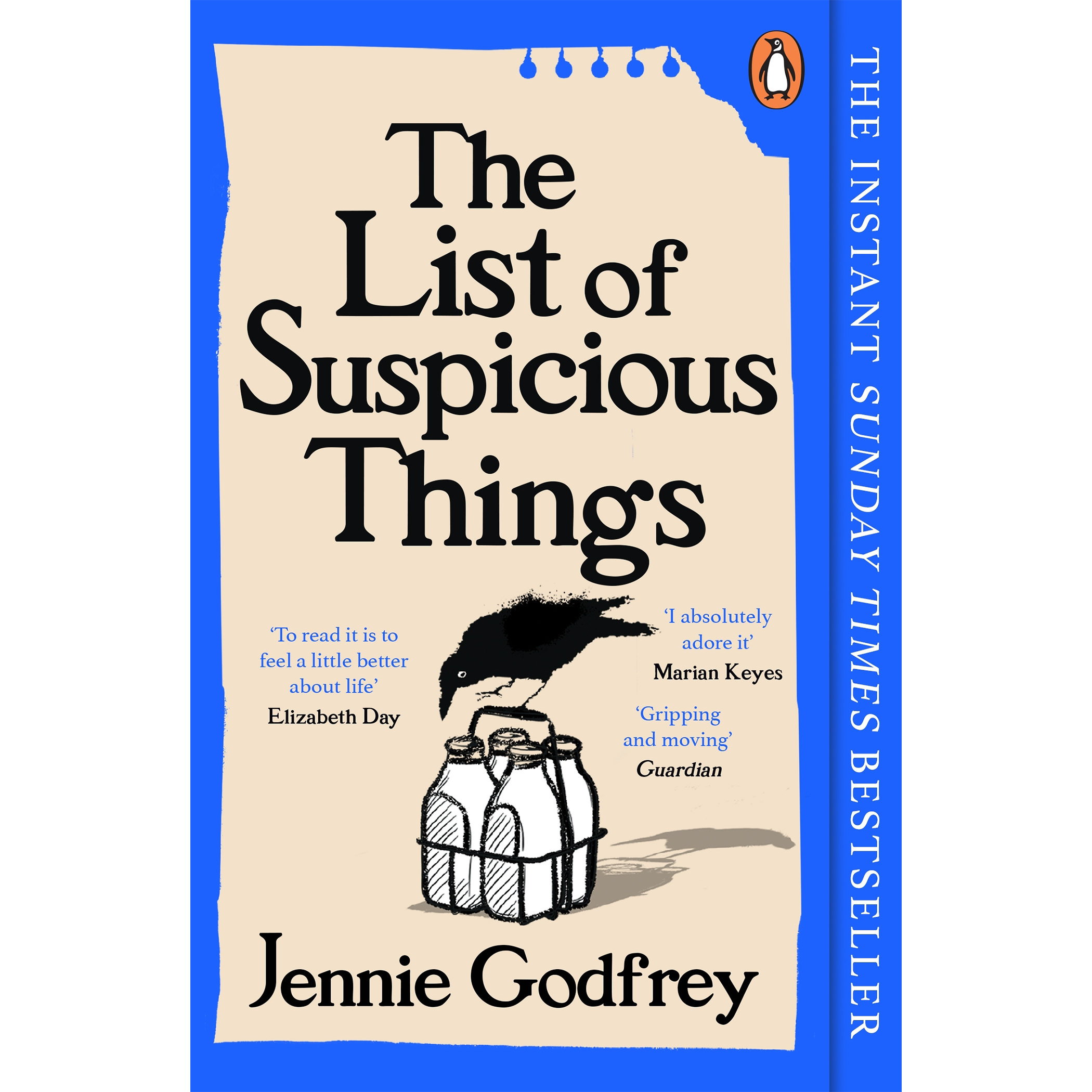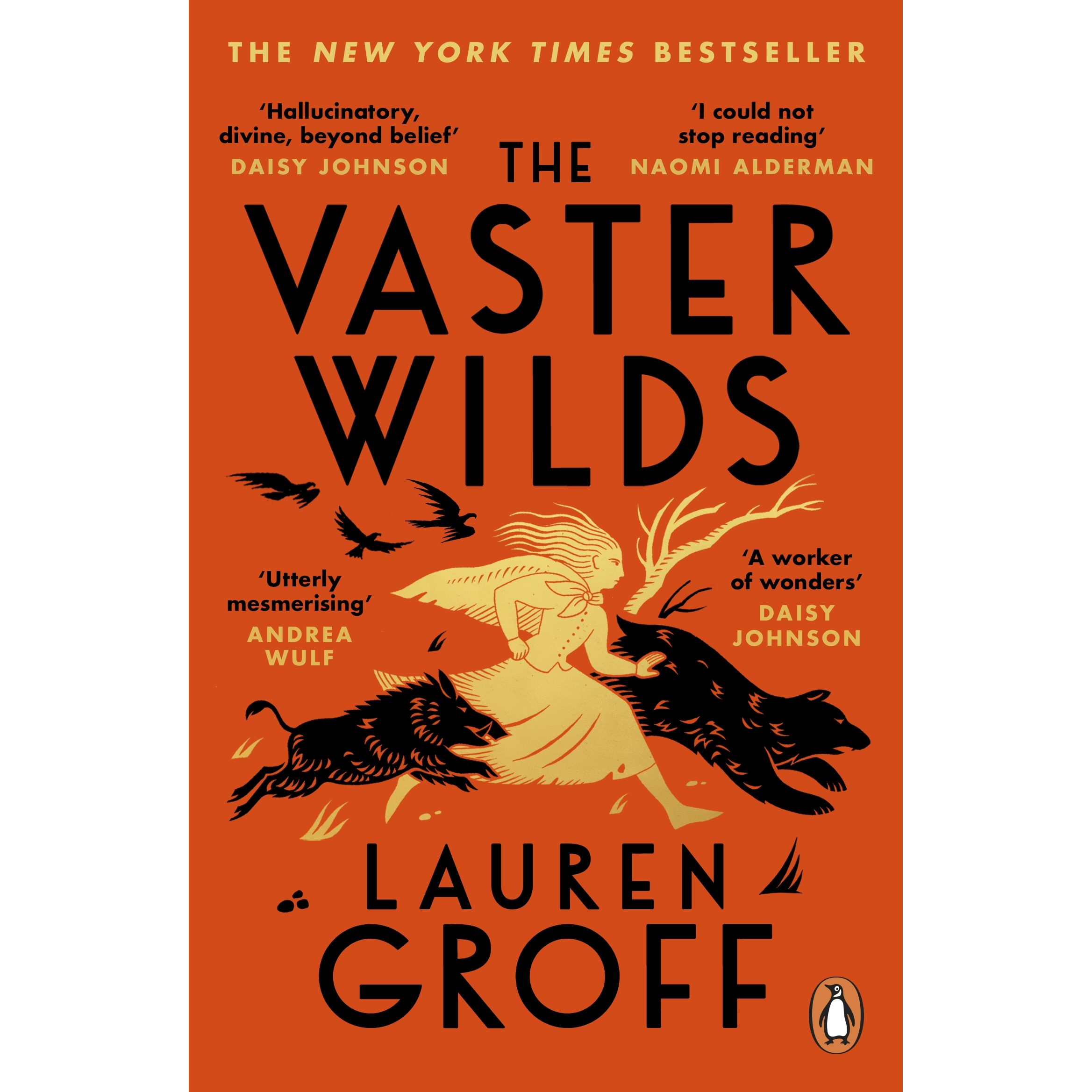The End of Nightwork
The End of Nightwork | By Aidan Cottrell-Boyce
Pol suffers from a very rare hormonal disorder that ages him erratically: when he was thirteen, his body aged ten years overnight, and now in his early thirties, he still has the outward appearance of a twenty-three-year-old. But with his condition dormant, Pol and his wife Caroline manage to live an ordinary life in London. They're happy enough, even if having a young child has put something of a strain on their marriage.
That and Pol's obsessive interest in the writings of an obscure seventeenth-century Puritan prophet, Bartholomew Playfere, and his premonitions of ecological disaster and the end of the world. But while Pol is failing to complete his research on Playfere, he encounters a radical new movement that argues that all economic and political events are part of an aeon-long struggle between the old and the young - that the 'hoarist' habit of violence, their need to conquer, has also affected how they treat the planet. The leader of this popular movement predicts an imminent inter-generational conflict - father against son, mother against daughter - that echoes Playfere's own prophecies.
Against this increasingly fraught backdrop, Pol's dormant condition threatens to resurface - putting both the safety and happiness of his family at risk.
The End of Nightwork | By Aidan Cottrell-Boyce
Pol suffers from a very rare hormonal disorder that ages him erratically: when he was thirteen, his body aged ten years overnight, and now in his early thirties, he still has the outward appearance of a twenty-three-year-old. But with his condition dormant, Pol and his wife Caroline manage to live an ordinary life in London. They're happy enough, even if having a young child has put something of a strain on their marriage.
That and Pol's obsessive interest in the writings of an obscure seventeenth-century Puritan prophet, Bartholomew Playfere, and his premonitions of ecological disaster and the end of the world. But while Pol is failing to complete his research on Playfere, he encounters a radical new movement that argues that all economic and political events are part of an aeon-long struggle between the old and the young - that the 'hoarist' habit of violence, their need to conquer, has also affected how they treat the planet. The leader of this popular movement predicts an imminent inter-generational conflict - father against son, mother against daughter - that echoes Playfere's own prophecies.
Against this increasingly fraught backdrop, Pol's dormant condition threatens to resurface - putting both the safety and happiness of his family at risk.
The End of Nightwork | By Aidan Cottrell-Boyce
Pol suffers from a very rare hormonal disorder that ages him erratically: when he was thirteen, his body aged ten years overnight, and now in his early thirties, he still has the outward appearance of a twenty-three-year-old. But with his condition dormant, Pol and his wife Caroline manage to live an ordinary life in London. They're happy enough, even if having a young child has put something of a strain on their marriage.
That and Pol's obsessive interest in the writings of an obscure seventeenth-century Puritan prophet, Bartholomew Playfere, and his premonitions of ecological disaster and the end of the world. But while Pol is failing to complete his research on Playfere, he encounters a radical new movement that argues that all economic and political events are part of an aeon-long struggle between the old and the young - that the 'hoarist' habit of violence, their need to conquer, has also affected how they treat the planet. The leader of this popular movement predicts an imminent inter-generational conflict - father against son, mother against daughter - that echoes Playfere's own prophecies.
Against this increasingly fraught backdrop, Pol's dormant condition threatens to resurface - putting both the safety and happiness of his family at risk.






